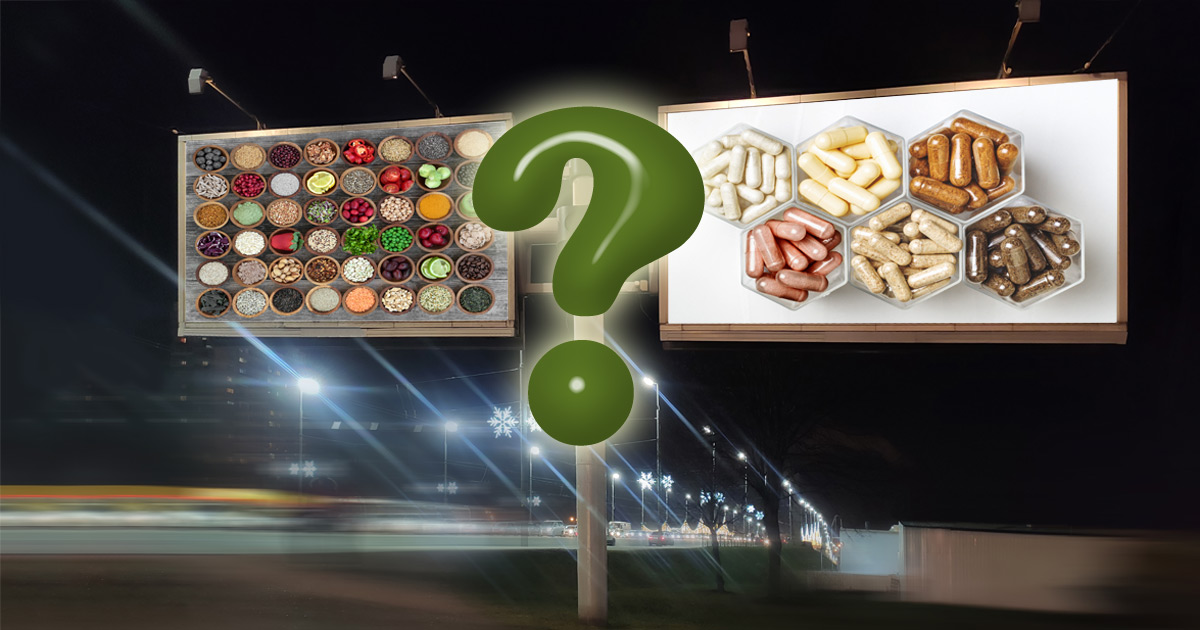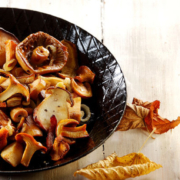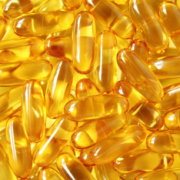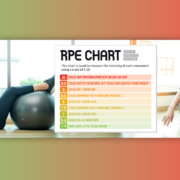Food or Supplements?
One of the changes I’ve made in selecting topics to write about in these Memos is to read the table of contents of the scientific journals to which I subscribe, especially the nutrition journals. It’s easier to see what’s controversial by looking at news feeds, but they miss a lot of positive nutrition science. One question that’s ever-present is this: when it comes to nutrients, is getting nutrients from supplements as good as getting nutrients from food?
Researchers searched four databases of scientific journals to find randomized-controlled trials that examined the effect of either polyphenol-rich foods or polyphenol extracts on risk factors for cardiovascular disease (CVD). It’s estimated that there are more than 8,000 types of polyphenols, including flavonoids, polyphenolic amides, phenolic acids, resveratrol, and ellagic acid. You’ll find polyphenols in fruits, vegetables, spices, herbs, teas, nuts, and seeds.
They found over 1,100 studies that fit the profile. Using subject, statistical, and nutrient criteria, they whittled the number of studies down to 46. Then they conducted a meta-analysis of the impact of food and supplements on the following CVD risk-factors: systolic BP, diastolic BP, endothelial function, fasting blood glucose, total-, LDL-, and HDL-cholesterol, C-reactive protein, Il-6, and waist circumference.
Nutrition studies are usually messy, and this one was no exception. I spot-checked the 46 studies and found different foods for the polyphenol sources and different extracts for the supplements. Still, it was as well-done as such a study could be. I’ll give you the results on Saturday.
Tomorrow night is the Insider Conference call for March. The topic is the absorption of omega-3s, and I’ll also answer your questions. Become an Insider by 8 p.m., and you can participate in this live event.
What are you prepared to do today?
Dr. Chet
Reference: https://www.sciencedirect.com/science/article/pii/S2161831323000029









